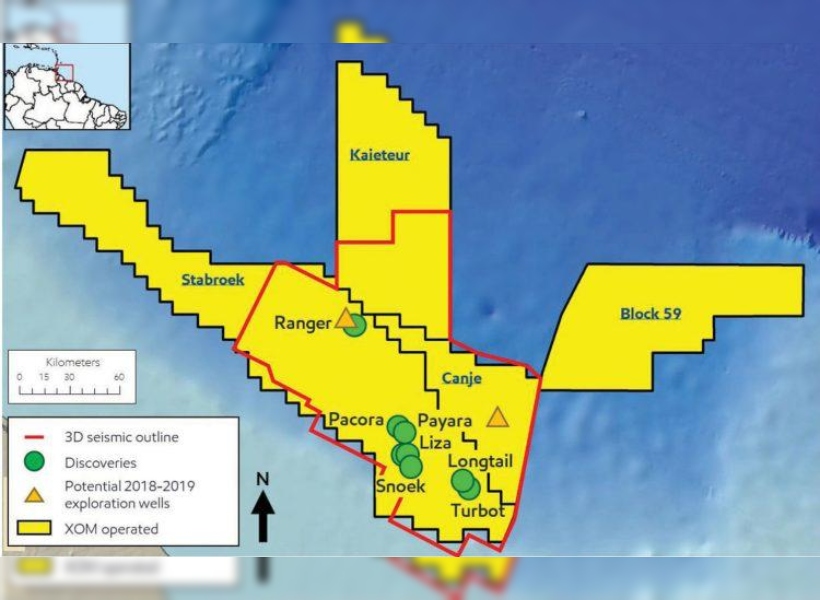Operator of the Stabroek Block, Esso Exploration and Production Guyana Limited (EEPGL) has assured that every precaution will be taken to ensure the country is not left to deal with the costs associated with decommissioning–a process that involves the safe removal of subsea infrastructure which is used for oil production.
In fact, the company explained to members of the media on Thursday that it is working with the Guyana Government to put a Decommissioning Security Agreement in place to ensure the partners are not able to escape liability.
Guyana Standard understands that such a contract would require a party to create a trust in favour of another party (or parties) for the future cost of decommissioning. The trust will either hold cash or security and, usually, is administered by an independent trustee.
EEPGL representatives were keen to note that the decommissioning process takes place 20 to 30 years in the life cycle of a project. During that time, the company provides estimates to the government on what these costs are likely to be when the time for expenditure comes.
It is important for readers to know that in the 2016 Stabroek Block Agreement, the contractor group which includes, EEPGL, Hess Corporation, and CNOOC Group, is able to recover the costs before it is ready to be spent.
In fact, the 2021 financial statements for EEPGL show that it has already recovered decommissioning costs totaling $17B and $15.2B for 2021 and 2022 respectively. EEPGL has nonetheless assured that when the time comes, ExxonMobil and partners will have money available for clean-up and restoration. “So there is no reason for the people of Guyana or the Government to be worried; that is a liability of the contractor Group,” a senior official stated.
Since 2018, Guyana has been urged by several bodies to ensure it has effective decommissioning policies and regulations in place so that oil companies can be guided on best practices that must be used.
United Nations Officials, for example, have advised that the Government of Guyana should develop a decommissioning policy as early as possible while ensuring that it considers national, socioeconomic, environmental, financial, and governance impacts.
They said, too, that the agreement of regulators on the policy approach is essential for effective oversight and management of the decommissioning process.
Though that advice was offered by the UN and other global bodies since 2018, it was never taken on board. The PPP/C Government is now moving to close this loophole.












